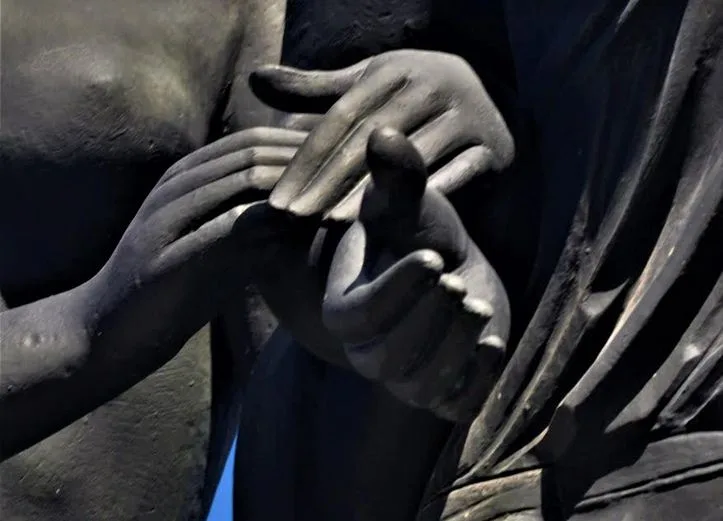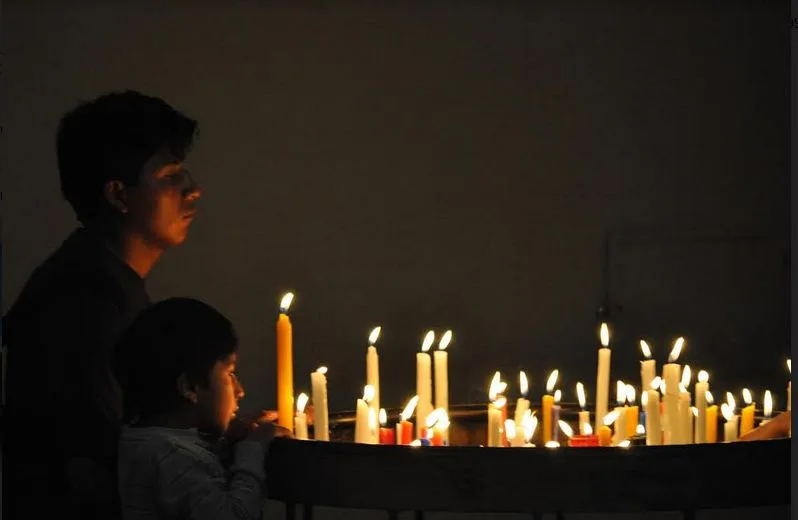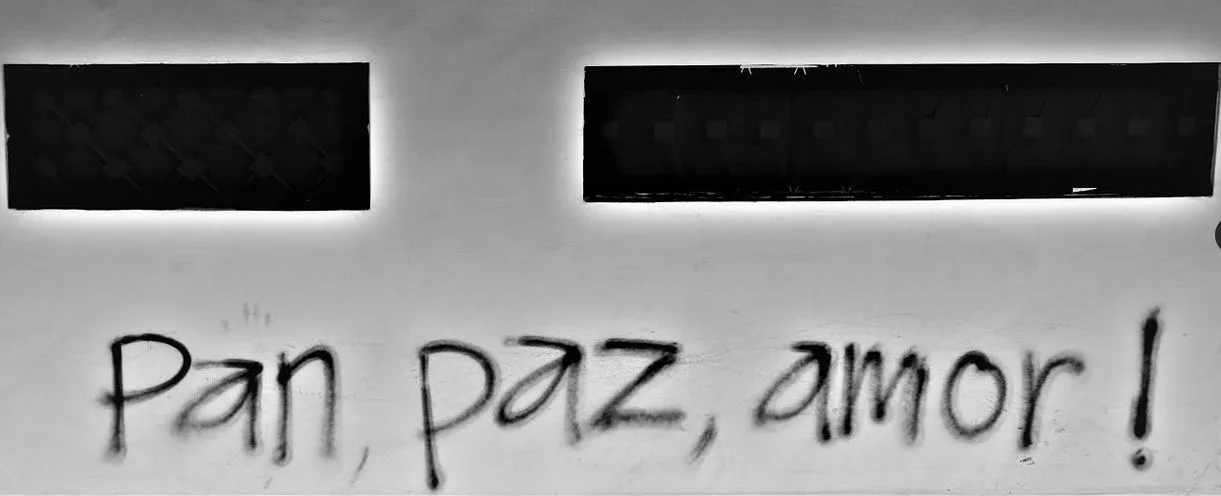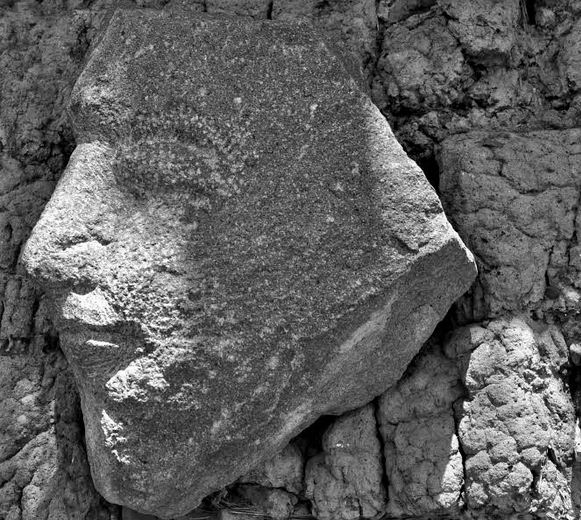Language is the key to the nooks and crannies of Cuenca as well as personal discovery
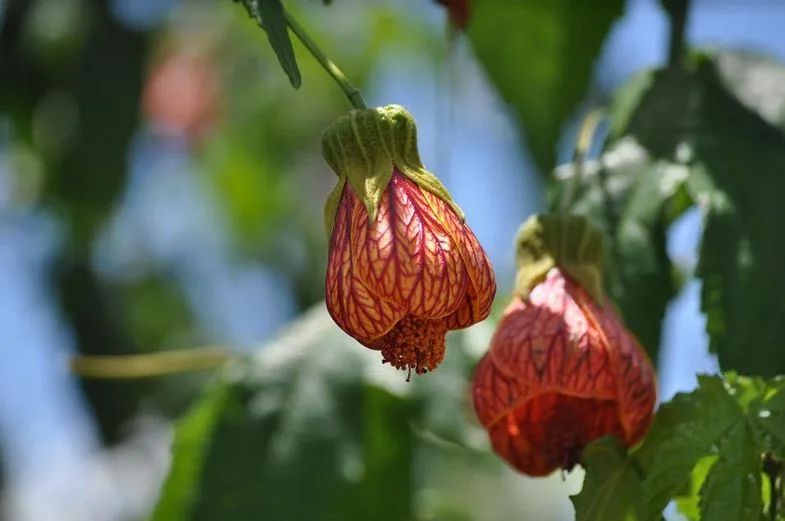
By Robert Bradley
You don’t really need to speak Spanish here.
Place the emphasis on “need”.
You will not starve, or inadvertently sign up for riding classes when you asked for reading glasses. However, you will not be able to join in the national discourse — or even the most common of civilities like asking how a neighbor is doing after a fall or discussing your preference of having a mixed greens salad composed of potatoes, tuna, and beans.
discourse — or even the most common of civilities like asking how a neighbor is doing after a fall or discussing your preference of having a mixed greens salad composed of potatoes, tuna, and beans.
Most significantly, you are being denied access to the rich and fascinating culture of Ecuador, not because of bigotry or prejudice, but simply due to your own lack of knowledge.
If the very moment the conversation becomes interesting and complex is the very moment when you are left behind, you understand the importance of learning Spanish.
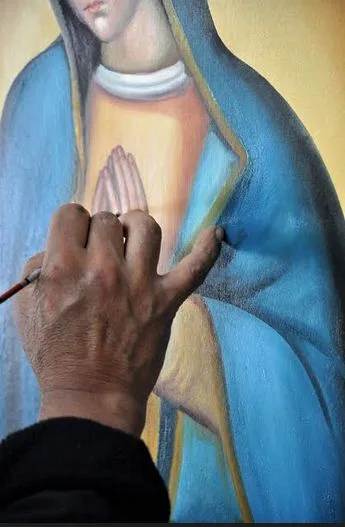 Language is the expression of ideas. It reveals identity, meaning, and perspective to our human condition. If culture is a house, language is the key to the front door, and to all the rooms inside. And it is here, in the many nooks and crannies of language that true intent and emotional expression dwell.
Language is the expression of ideas. It reveals identity, meaning, and perspective to our human condition. If culture is a house, language is the key to the front door, and to all the rooms inside. And it is here, in the many nooks and crannies of language that true intent and emotional expression dwell.
I am impressed by the number of people my age studying Spanish well into their tenth or twentieth year in Cuenca. What reward they must gain by learning this orchestration of identity.
I begin Spanish lessons on Monday. I’ll bet there is room for you to join us …
I recently read at Spoken Word, a monthly literary event held at the Sunrise Cafe. My greatest challenge was not actually getting up and reading, it was something else.
I chose a couple of columns I submitted early on in my tenure writing for CuencaHighLife. I thought they would be appropriate to the evening. One spoke of the landscape, the other detailed what is being accomplished indoors.
And, of course, I waxed rhapsodic describing the high Andes and Cuenca in particular as a place of majestic beauty with a devotion to tradition. That is what I have been writing about all these many months.
Or so I thought.
As I prepared to read my essays, I realized that my greatest challenge was recognizing that I have been writing about something else.
If you had asked me, I would have said, I am writing about Cuenca’s transformation, influence, wonder and the expression of ideas, identity and meaning it harbors. I am writing about the changeability of the weather’s attitude, and viewing it as a personal friend with all the high drama that it brings, or I am writing about kindness and strangers.
Most often I thought I was writing about a stiff necked and solitary culture, rich in artistic expression, captivated in the moment, and enduring through sheer dint of strength and determination. But, no. I have been writing about me.
